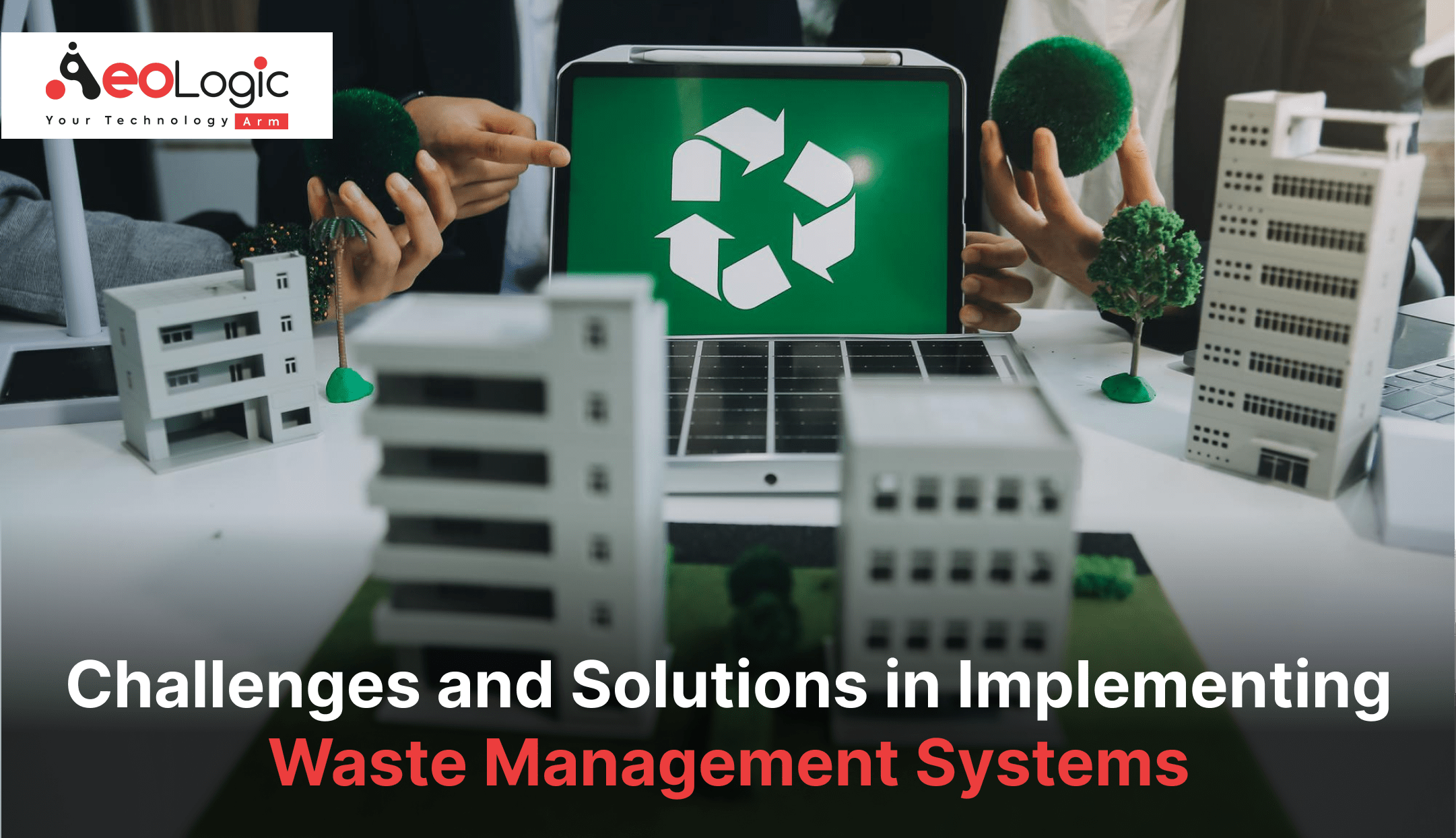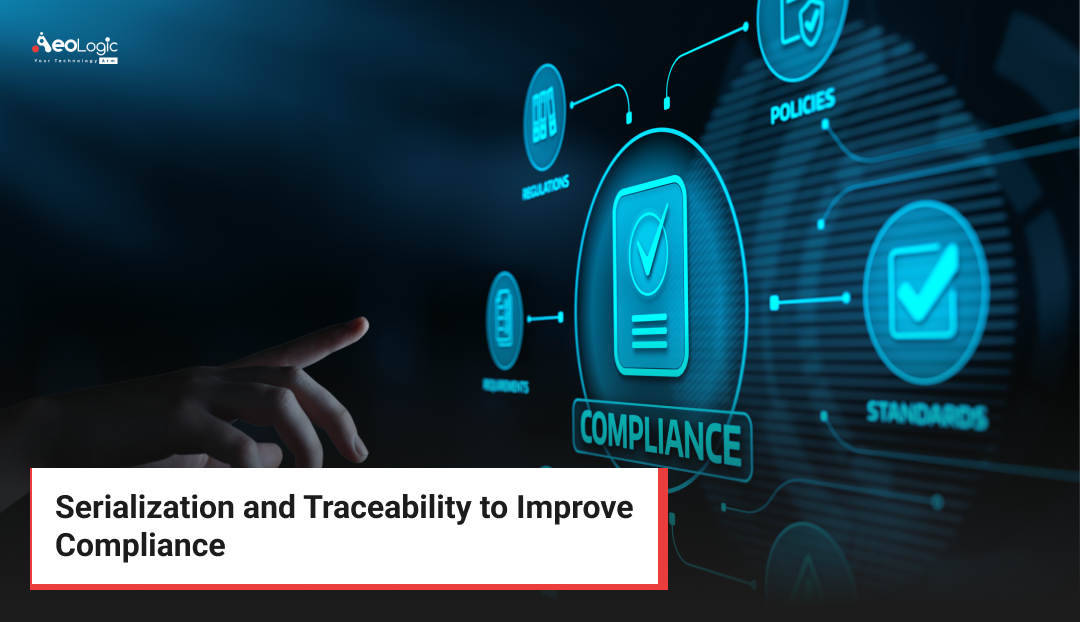In our beautiful world, there are a lot of industries, businesses, organizations, etc that contribute to human welfare surely but on the other side, they degrade our world’s beauty and increase pollution in the air, water, soil, etc. They are generating billions of tons of waste in various types and due to not having a proper waste management system, wastes directly affect the lives of human beings and animals. There is a study that shows that every year, the deaths of 1.7 million children under 5 and 4.9 million adults aged 50 to 75 occur through low-quality waste management systems. Lower respiratory infections and diarrhoeal diseases mostly impact children under 5, while older people are most impacted by NCDs. This statistic is surely terrifying for human lives in every manner.
Dr Margaret Chan, WHO Director-General said that “A healthy environment underpins a healthy population. If countries do not take action to make environments where people live and work healthy, millions will continue to become ill and die too young.” This statement is very serious as this still happens in most nations in the world.
To make the environment pollution-free and make waste to keep away from affecting life, there is a way that can help. A proper waste management system is the way that can be implemented to reduce the pollution caused by industrial waste and save millions of lives. Many parts of the world have successfully implemented the proper waste management system with the help of modern technologies and made their natural pollution-free to take a fresh breath. Generally, the total quantity of Solid waste generated in the country is 160038.9 TPD of which 152749.5 TPD of waste is collected at a collection efficiency of 95.4%. 79956.3 TPD (50 %) of waste is treated and 29427.2 (18.4%) TPD is landfilled. These ways of waste treatment are good but only apply to solid waste. So for water wastage and air harmful gasses, there could be a better waste management system.
In this article, we will see the different challenges and also see some modern technologies-based solutions related to the waste management system. This will give the idea for implementing a waste management system properly and make nature more free from pollution.
What is Waste Management System?
In simple terms, a waste management system is a streamlined procedure used by businesses or industries to avoid, minimize, and repurpose garbage. Alternatively referred to as waste disposal, this method involves businesses putting in place all-encompassing plans to effectively handle wastes from the point of origin to the point of disposal. Generally, The main purpose of waste management is to reduce the harmful impacts that waste has on the environment, human health, planetary resources, and aesthetics. Reducing the hazardous consequences and elements of such garbage on the environment and public health is the primary, important goal of waste management.
Also Read: Waste & Material Traceability Solution for Sustainable Companies
Challenges in Implementing a Waste Management System
Since the waste management system is very incredible for our nature, it is not so easy to implement a good waste management system, especially when considering the integration of RFID waste management solutions. There are a few major challenges that could be faced during implementation. Here are a few challenges below.
Lack of Adequate Garbage Collection Infrastructure
Every day, millions of tons of garbage are extracted from industries and businesses that are collected by garbage collecting organizations. However, the main challenge is that there is not enough garbage collection infrastructure present. Due to the lack of this, much garbage remains to collect and start decomposing in open nature resulting in serious harmful illnesses, extraction of bad smells, etc.
Sorting Recycle Materials
Another major problem is the sorting of recycled material as it’s particularly problematic because only around 30% of garbage is sorted correctly, which means precious materials like plastic and aluminum wind up in landfills rather than being recycled. This can cause degradation in soil quality and do not let any plants or trees in those areas. So it is also an important challenge in the waste management system.
Lack of Data
Not having proper data related to waste management is another challenge as agencies are not able to know where to do more work and where is the most amount of waste to manage. This leads to many small places’ wastage untreated because of not being known in waste management organizations.
Waste Management Machine Maintenance
Many big machines collect the waste and treat it to decompose safely in appropriate ways. But sometimes there could be unpredictable problems in machinery that increase the downtime and remain waste untreated. In waste treatment, it cannot be affordable to make any day downtime because it has to also treat the next upcoming day’s wastage. This increases the wastage amount and makes it very hard to treat all.
Solutions for the Implementation of Waste Management System
We have seen some serious challenges in the waste management solutions but many modern technologies can resolve these challenges. Here are the solutions mentioned below.
RFID in Waste Management System
RFID tags are fixed to waste bins and containers. The RFID readers are able to read the unique identifying numbers included within these tags. By outfitting each bin with an RFID tag, waste management businesses can effortlessly trace the whereabouts of bins, monitor their mobility, and optimize collection routes. This guarantees prompt and effective waste collection while minimizing the likelihood of overlooked pickups.
With the help of RFID solution can be used for monitoring trash management vehicles and equipment. RFID tags are affixed to trucks, compactors, and other important equipment. This feature facilitates instantaneous monitoring of the fleet, enabling supervisors to oversee the precise positions of vehicles, efficiently handle maintenance plans, and effectively strategize routes. Efficient routes contribute to a decrease in fuel consumption and total operational expenses.
Social Media for Waste Management Solution
As mentioned earlier, there is a lack of organization to collect vast amounts of data. But this problem can be solved through the very trendy technology that is social media platforms. Many nations started volunteer programs for waste collection and make them reach them at the treatment plants. This could be done in every place as nowadays every generation is on social platforms and they will do for their nations to make it waste-free.
IoT in Waste Management System
IoT solutions is an incredible technology that can detect, sense, and more. Due to not having proper data, many place’s wastage remains untreated. But with the IoT, it is possible to collect real-time data from every corner of the world and store them in the database. This surely makes every corner’s waste treated. An infrared sensor powered by IoT on a smart bin allows it to recognize the kind of plastic, making recycling easier and more productive. This overall enhances the waste management system implementation.
Artificial Intelligence for Waste Management System
Machines are one of the major aspects of the waste management system that involves waste collection, treatment, and decomposition into the soil. But unpredictable faults in machines could be a problem. With AI technology, it could be possible to perform predictive maintenance in machinery and reduce downtime. AI-powered cameras and sorting devices are used to accurately recognize and classify various recyclable items. So it is also useful to overcome the challenges in the waste management system.
Also Read: The Role of Blockchain Technology for Transparent Waste Management
Final Words
We have seen many aspects of waste management system implementation like challenges, solutions, etc. This is very necessary to implement a better quality waste management system to breathe fresh air for humans and animals too. Modern technology solutions by Aeologic can play a big part in that as we mentioned the role of technologies like AI, IoT, etc in the waste management system. Overall, the sustainability and effectiveness of waste collection in cities can be improved by the integration of waste management systems with technology. So it is important to make the government and organization aware of technology’s role in the waste management system and contribute to developing a better world for everyone.

I’m Deepika Pandey, an SEO strategist and content writer with 6+ years of experience. I create SEO-friendly content that drives traffic and engages readers. I combine data insights with creativity to help businesses grow their online presence effectively.







